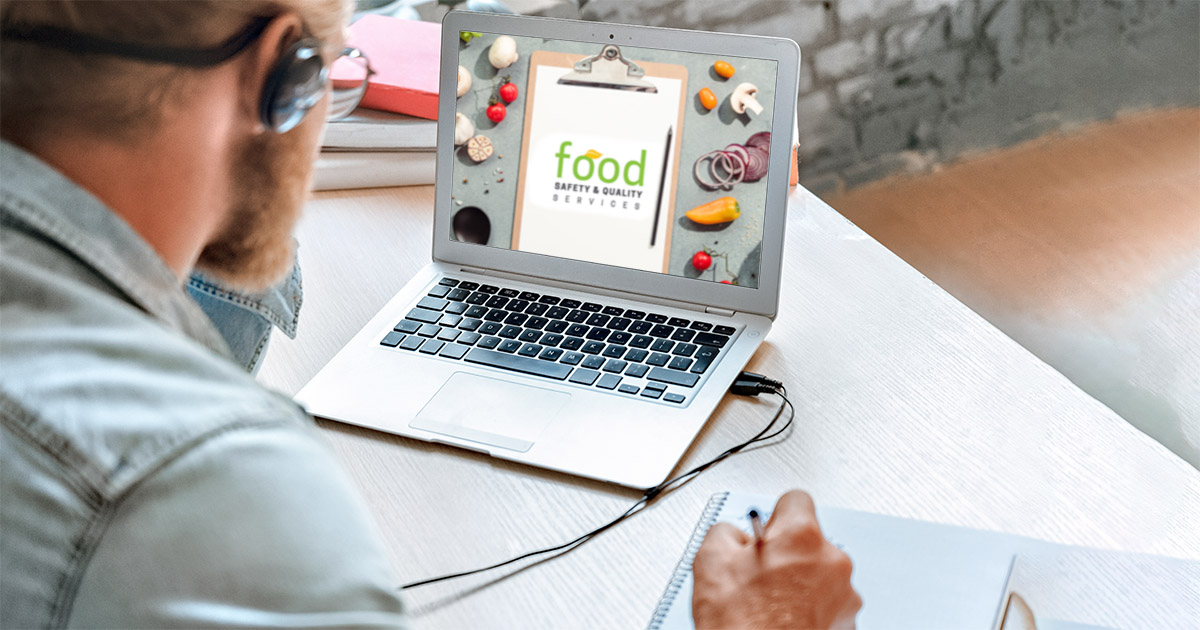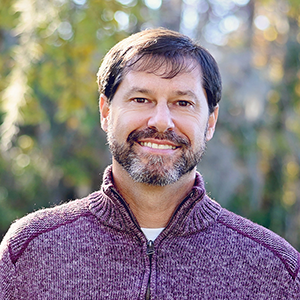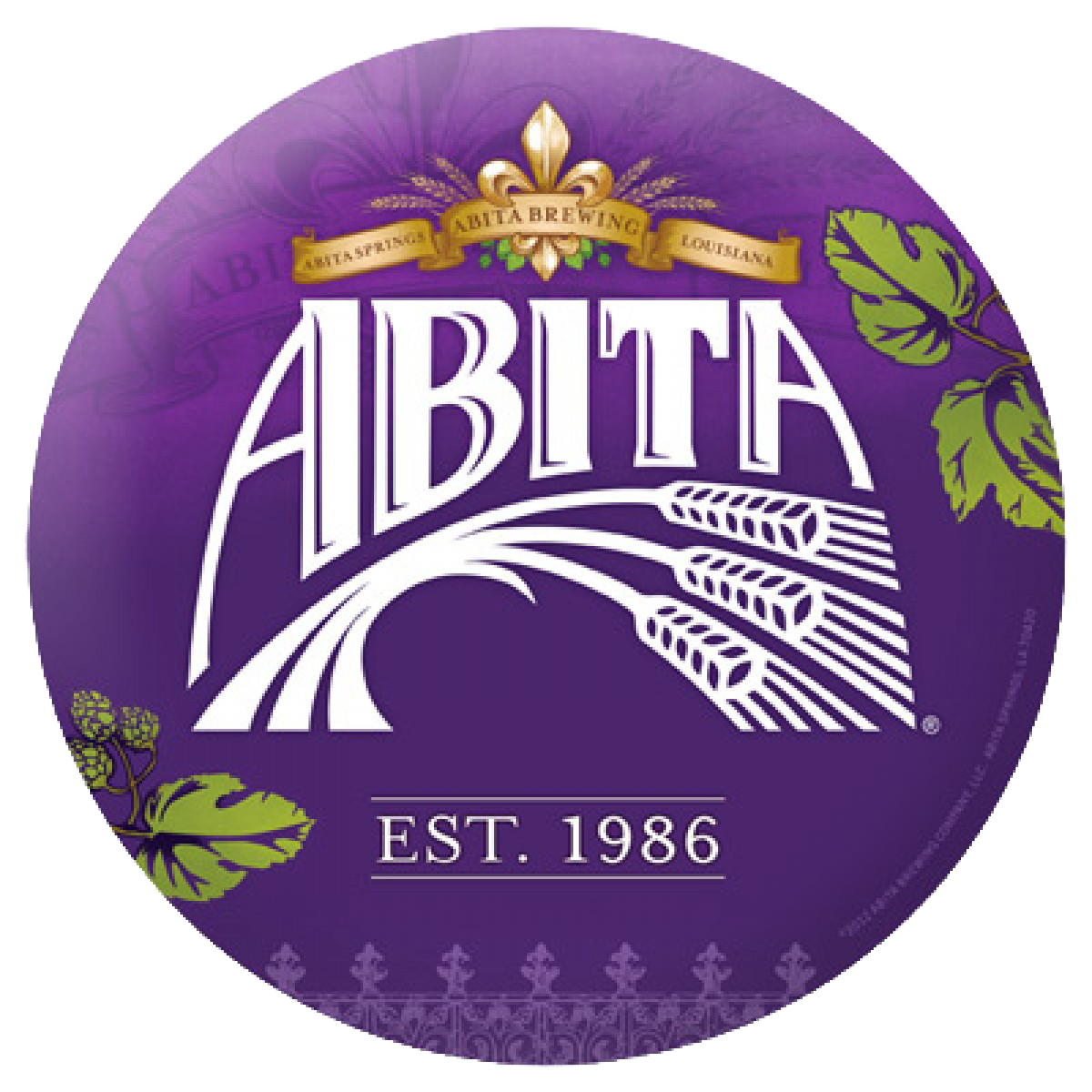PCQI Online Training
PCQI ONLINE TRAINING
Become a Preventive Controls Qualified Individual
As we discussed in one of our recent blog posts: “PCQI Training - What You Need to Know”, PCQI’s are required by FDA to:
Oversee of develop the food safety plan
Validate certain preventive controls
Review records
Reanalyze the food safety plan
Approve deviations from the plan
How does online training differ from in-person training?
It depends on the type of online training that you register for. Some classes offered by different providers are self-paced and do not include a live instructor. Other classes include live instructors that teach the class from their computers. All classes that FSQS offers are with a live instructor as we feel this is a more effective method of training than the self-paced version.
For online training, participants need a computer with a camera, microphone and a reliable internet connection in order to participate. If you are participating in an FSPCA course, the agenda does not change for online training. Instructors must still deliver the minimum content and follow the course outline. So if you are worried that you get less content when taking an online class, that is not the case
Interacting with your instructor is a little different for online training, but still very effective. In all FSQS online training classes, attendees can interact with their instructor in real time by simply unmuting their microphone and asking a question verbally or by typing up a question using the chat box feature.
Is online training effective?
Yes. Although it hasn’t been the traditional way of training, it can still be effective. As with in-person classes, we require all participants to be engaged throughout the training. We make sure the classes are moving at an acceptable pace by getting continuous feedback from participants and assessing their knowledge as we cover the material.
Over time, we have also learned that breakout sessions and exercises are even more important when learning virtually. The sessions allow all participants to engage with one another and give them more freedom to ask personal questions, which aids in their learning process. So breakout sessions are a must.
In our online PCQI training course, participants still get the training they need to be a qualified individual. Participants will understand the importance of preliminary steps, including:
Developing a food safety team
Describing the product, it’s intended used and distribution
Developing a flow diagram
Verifying the flow diagram
They also learn the core components for an effective food safety plan. These include:
Hazard Analysis - Participants will then learn how to conduct an effective hazard analysis. This starts with being able to identify known or reasonably foreseeable hazards associated with the products produced at each facility. We then discuss how to risk assess each identified hazard for likelihood and severity using a risk assessment tool that we share with attendees.
Preventive Controls - Participants then learn how to develop preventive controls to prevent identified hazards from causing illness or injury.
Monitoring - Preventive controls must be monitored in order to prove effectiveness. We show individuals how to build an appropriate monitoring program.
Corrective Actions - When monitoring reveals a process deviation, we explain how to implement proper corrective actions to prevent recurrence.
Validation and verification - Often a sticking point for many people, we will clearly explain the difference and how each one is used differently to support your food safety program.
Records - You are only as good as your records. We will discuss how to design and complete adequate records to capture critical food safety data as well as regulatory requirements for record retention.
Our #1 goal is to provide each participant with the necessary education that they need to manage a successful food safety program. We make sure that both online and in-person methods are effective.
What if I have never taken an online class before?
Not a big deal at all. Taking an online training class is easier than most people think. Our primary training platform is Zoom and you don’t have to download the software if you don’t want to. We simply send you an invite with a link to join the training. All you need is a computer with a camera, microphone and stable internet.
If you still have concerns, feel free to contact us and we can show you how everything works.
What training options does FSQS offer?
We offer online, in-person and private training options..
Our in-person, public classes are hosted in Covington, Louisiana (New Orleans area) throughout the year. Interested participants can view our public training dates anytime by visiting our upcoming classes webpage. To accommodate those who prefer a virtual setting, we are also offering public, online classes throughout the year as well. Interested participants can also sign up for these classes using the same “upcoming classes” link above.
Private training courses have an added benefit…team building! Whether it is realized or not, getting your key employees together in one room to learn about food safety builds a stronger team and a better food safety culture. When we deliver private PCQI training courses, we can focus the content on products that the facility produces, which always helps to relate the training topics to the actual process that the attendees experience. We find that this method increases employee retention of the material and overall success of the food safety program.
Most people think that private training is too expensive. That is oftentimes not the case. If your company needs to train more than one person, private training may be a good option for you. We can deliver private classes virtually or in person. If private training interests you, contact us to get a quote.
How do I register for a class?
It’s easy. Simply visit our website’s upcoming classes page to view our current class schedule. We add new classes throughout the year so be sure to stay up-to-date by signing up for our newsletter.
Details of each course can be found on each of the registration pages. On each class page you will see this yellow “book now” button. Click the button and follow our next steps to book your next class. We hope to see you soon!
About the author

Lance Roberie
Food Safety Consultant and TrainerLance Roberie has over 26 years of quality assurance and food safety experience within the food industry. Mr. Roberie holds the following certifications:
- Certified Food Safety HACCP Manager
- Preventative Controls for Human Foods (PCQI) Lead Instructor
- Meat & Poultry and Seafood HACCP Lead Instructor
- FSPCA Food Defense (IAVA) Lead Instructor
- ASQ Certified Manager of Quality & Organizational Excellence
- ServSafe Instructor and Exam Proctor
- Internal Auditor and GFSI Specialist
Lance and the Food Safety & Quality Services’ training curriculum will advance your team's food safety knowledge through certified training, consulting, and “real life” industry scenarios.
upcoming Classes
October 9, 2025 09:00 AM - 03:00 PM
October 24, 2025 09:00 AM - 03:00 PM
October 14, 2025 08:00 AM - October 16, 2025 05:00 PM
Need a Food Safety Specialist?
Free 15 Minute Consultation.Learn how we helped Abita Brewing Company pass their first food safety audit with an A grade.

